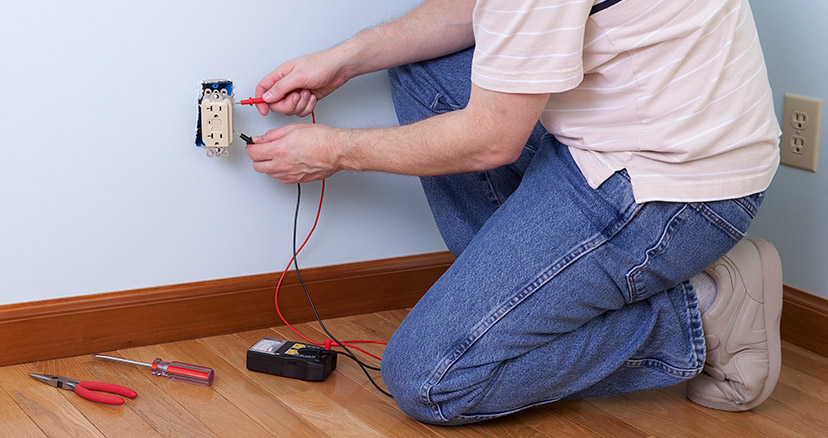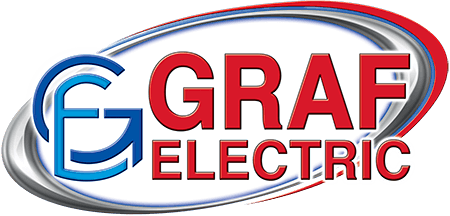
A GFCI outlet is a type of outlet that can prevent electrical shocks. These are especially important, and even required, in certain areas of the home. Knowing what GFCI outlets are, where you need them and why you need them can be beneficial for your home and your safety.
What are GFCI Outlets?
GFCI outlets, or ground fault circuit interrupters, are types of outlets that shut off power when they detect that a current is flowing along an unintended path. A ground fault happens whenever electricity escapes the confines of the wiring in an appliance or light fixture and takes a shortcut to the ground. A GFCI stops the flow of electricity to the outlet by opening (interrupting) the circuit, and by doing so, prevents a possible electric shock. A GFCI is typically a receptacle with small buttons on it that say “Reset” and “Test.”
Why Does My Home Need GFCI Outlets?
A GFCI outlet protects from electric shock by measuring the difference between the “hot” and “neutral” slots in the outlet. Electricity leaves the hot side of the outlet (the larger of the two slots), flows through an appliance, and then returns to the neutral side of the outlet. If there is a difference in the current between the two, it means that current is escaping into another object to reach the ground—most likely through a person. The GFCI immediately breaks contact and stops the current. The outlet can be restored easily by pressing the reset button.
Where are GFCI Outlets Located?
You might recognize these from your home’s kitchen, bathroom, laundry room and even outdoors. GFCI protection should be provided anywhere there is a receptacle installed in an area subject to moisture, as the presence of moisture greatly increases the danger of accidental shock.
GFCI Requirements
The National Electric Code specifies many such areas in residential dwelling units, such as, but not limited to:
- Bathrooms
- Garagse and accessory buildings
- All exterior receptacles
- Crawl spaces
- Unfinished basements
- Kitchens
- Laundry
- Utility
- Web Bar Sink Areas
- Boathouses
Local building authorities may have additional requirements. You should question your local building authority for the latest, complete requirements.

